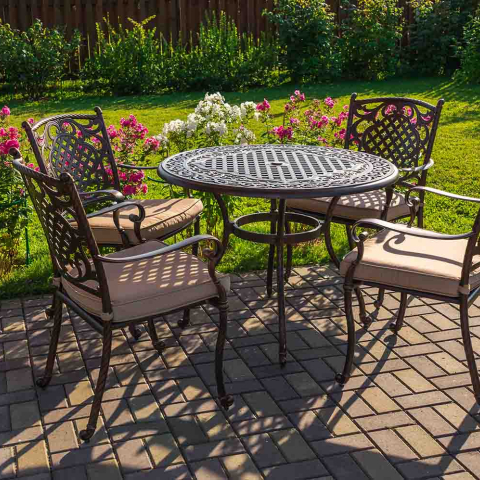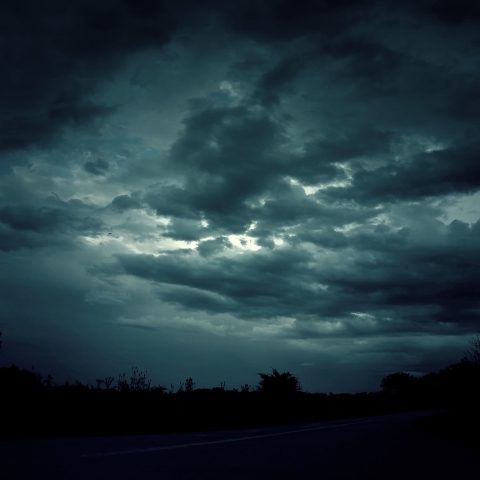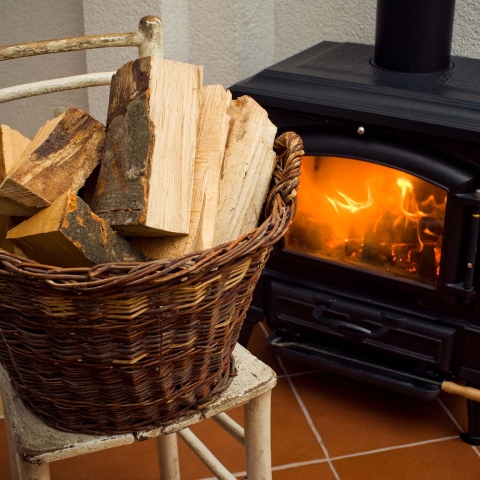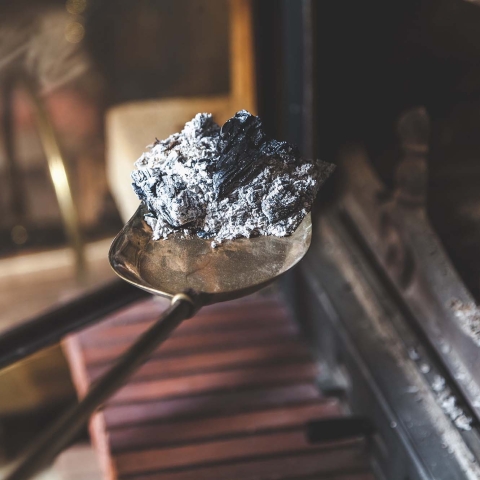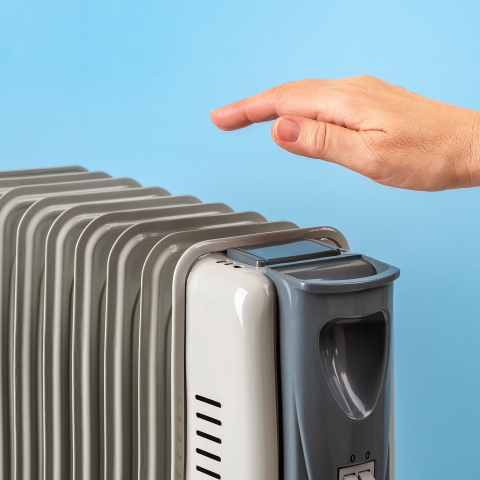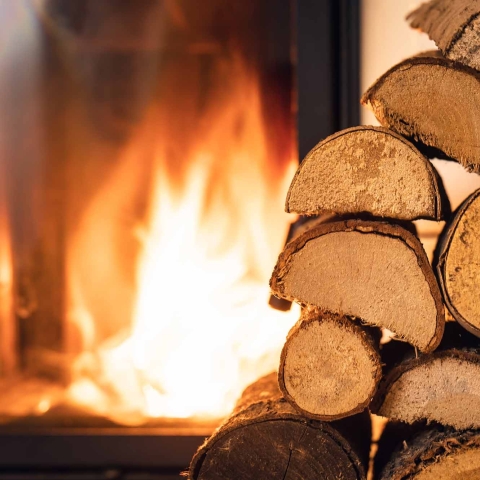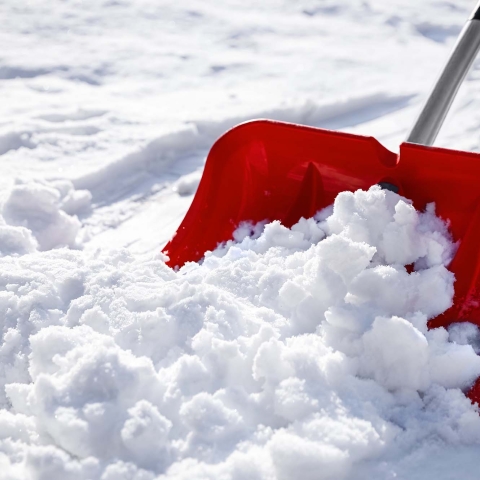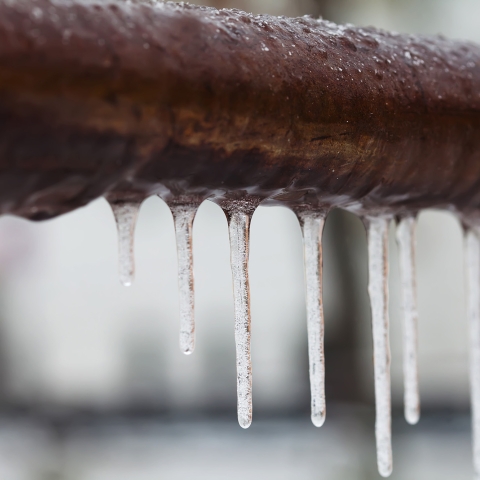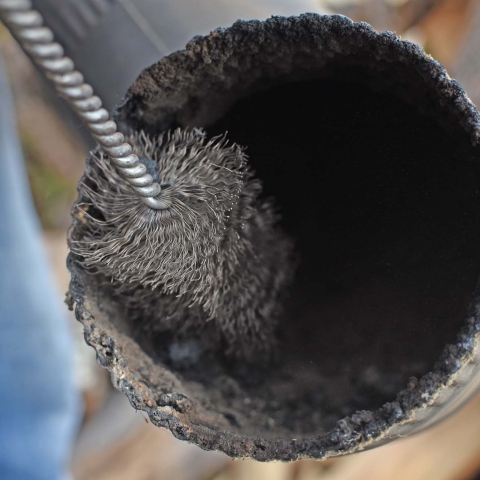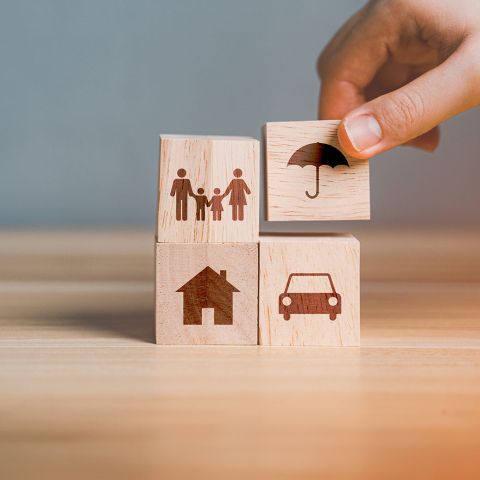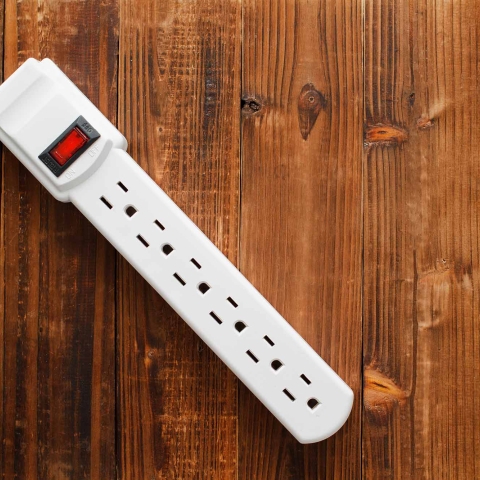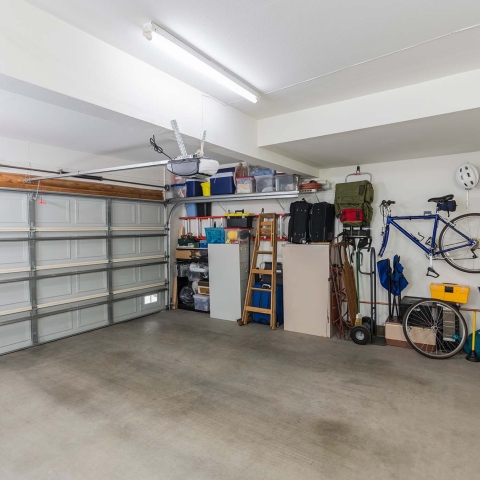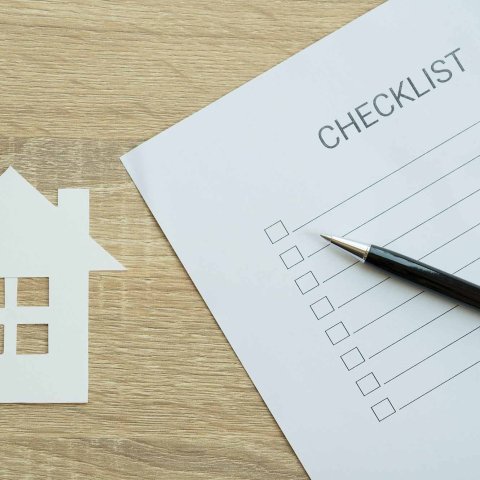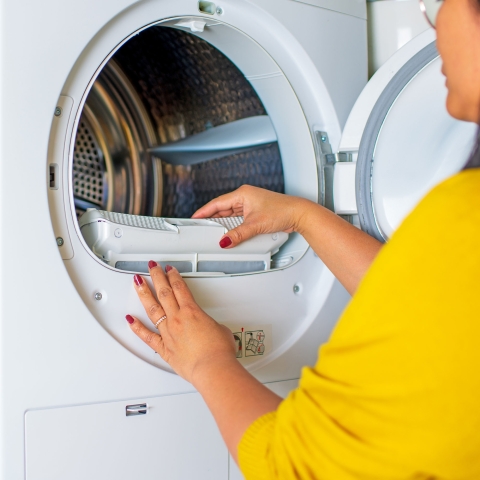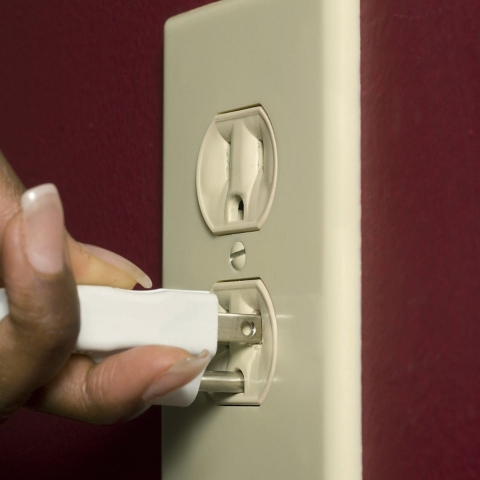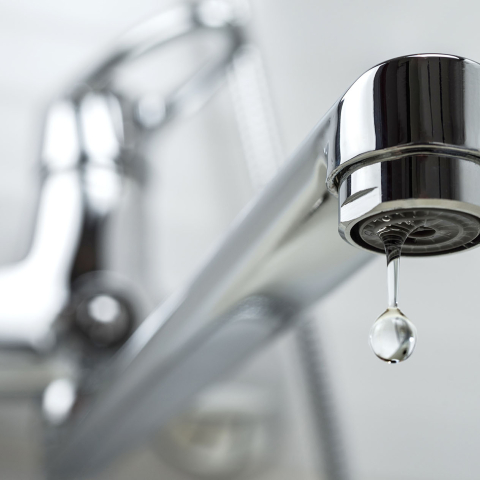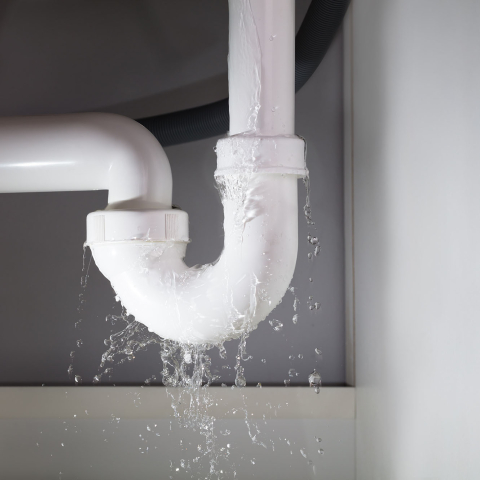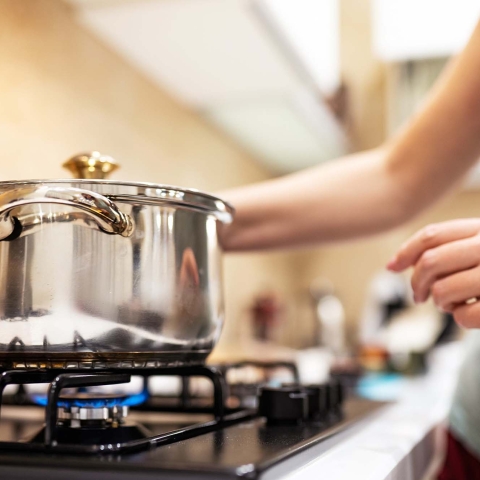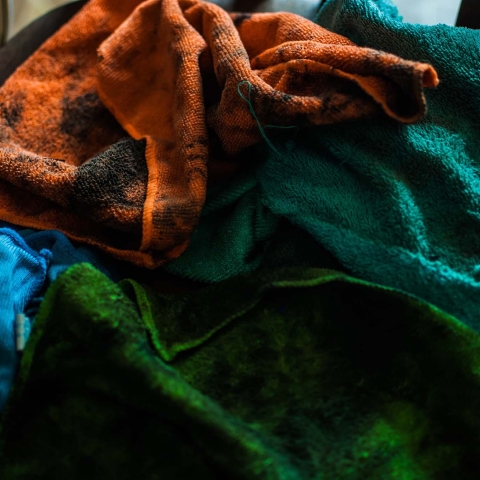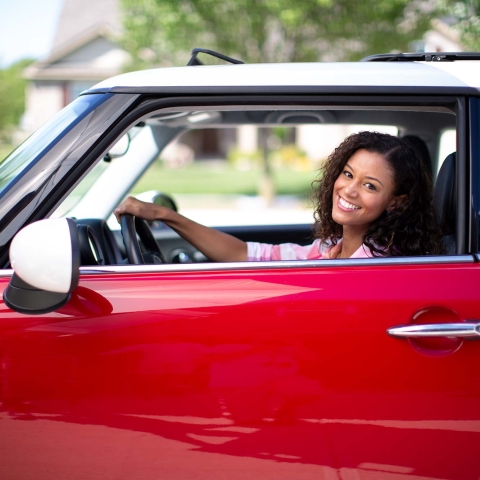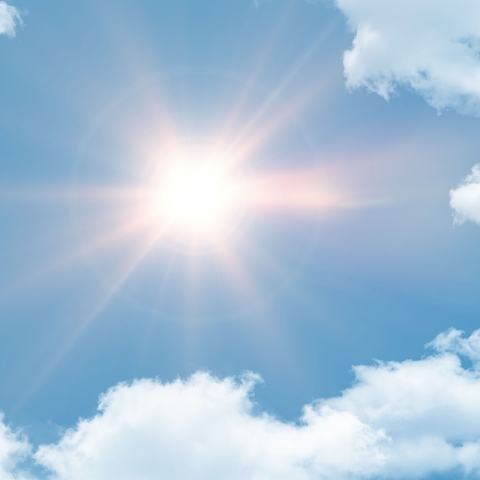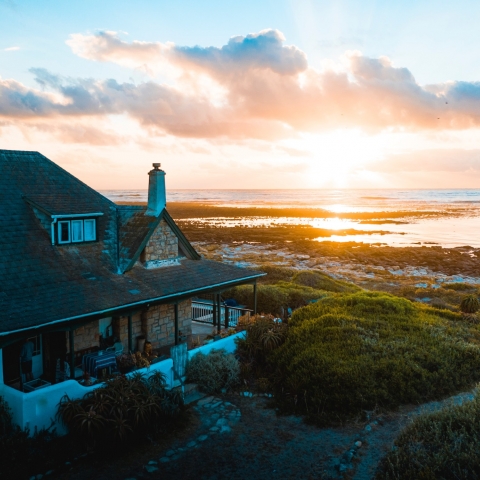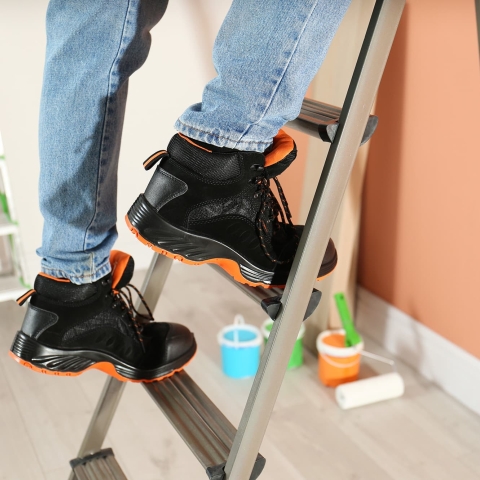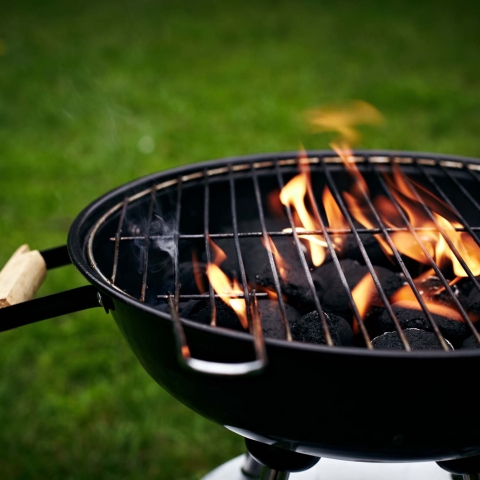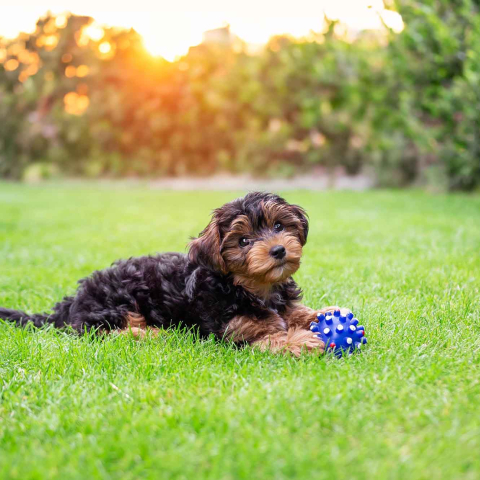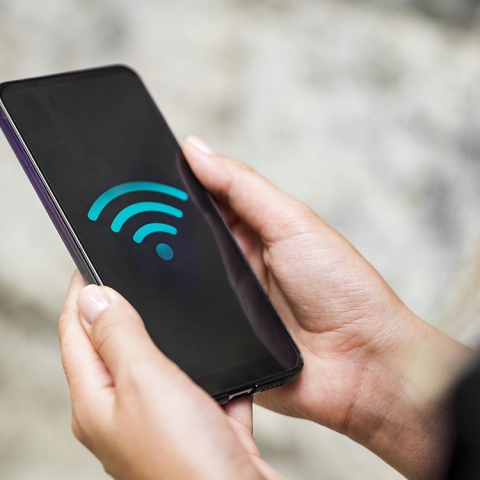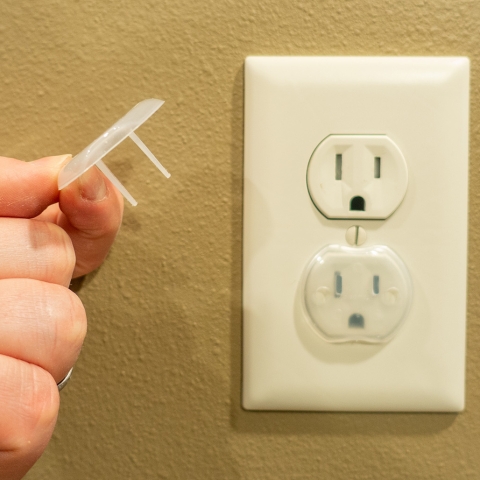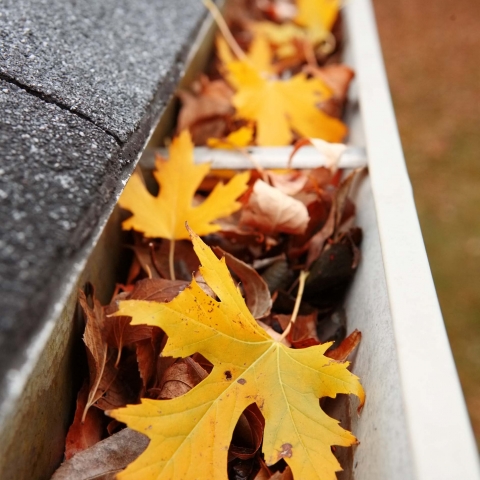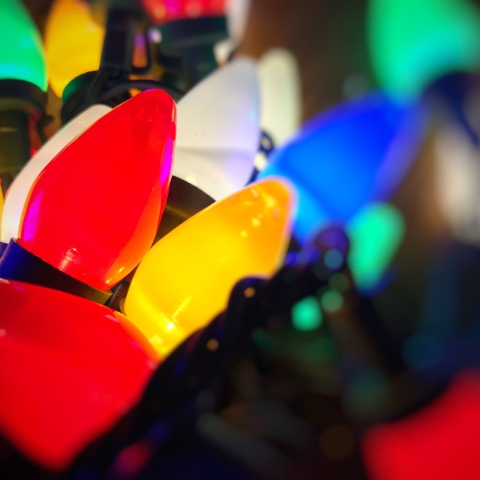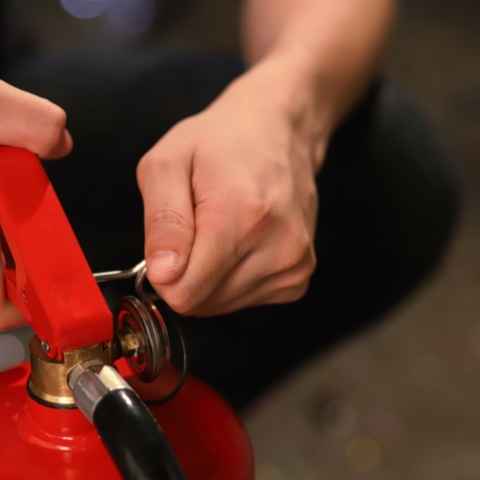Grilling Safety Tips
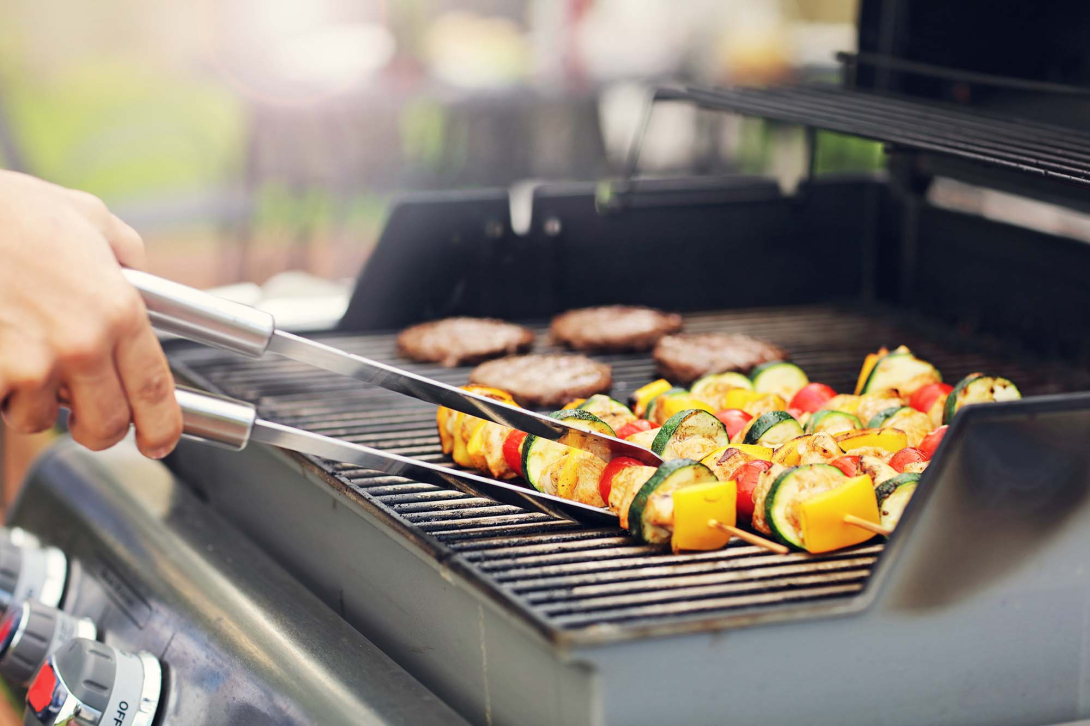
Knowing a few fire safety grilling tips will help everyone stay safe
1. Only use your grill outside.
2. Keep it away from siding and deck rails.
3. Keep a 3-foot zone around your grill and campfire.
4. Clean your grill after each use. This will remove grease that can start a fire.
5. Place the coals from your grill in a metal can with a lid once they have cooled.
6. Open your gas grill before lighting.
7. Keep an eye on your grill, fire pit, or patio torches. Never leave any of them unattended.
So whether the snow is blowing or the sun is shining brightly, it's also important to follow food safety guidelines to prevent harmful bacteria from multiplying and causing foodborne illness. Use these simple guidelines for grilling food safely.
From the Store: Home First - When shopping, buy cold food such as meat and poultry last. To guard against cross-contamination, put packages of raw meat and poultry into plastic bags. Drive directly home from the grocery store. You may want to take a cooler with ice for perishables. Always refrigerate perishable food within 2 hours. Refrigerate within 1 hour when the temperature is above 90°F. At home, place meat and poultry in the refrigerator immediately. Freeze poultry and ground meat that won't be used in 1 or 2 days; freeze other meat within 4 to 5 days.
Marinating - A marinade is a savory, acidic sauce in which a food is soaked to enrich its flavor or to tenderize it. Marinate food in the refrigerator, not on the counter. Poultry and cubed meat or stew meat can be marinated up to 2 days. Beef, veal, pork, and lamb roasts, chops, and steaks may be marinated up to 5 days. If some of the marinade is to be used as a sauce on the cooked food, reserve a portion of the marinade before putting raw meat and poultry in it. However, if the marinade used on raw meat or poultry is to be reused, make sure to let it come to a boil first to destroy any harmful bacteria.
Transporting - When carrying food to another location, keep it cold to minimize bacterial growth. Use an insulated cooler with sufficient ice or ice packs to keep the food at 40 °F or below. Pack food right from the refrigerator into the cooler immediately before leaving home.
Keep Cold Food Cold - Keep meat and poultry refrigerated until ready to use. When using a cooler, keep it out of the direct sun. Avoid opening the lid too often. Pack beverages in one cooler and perishables in a separate cooler.
Keep Everything Clean - To prevent foodborne illness, don't use the same platter and utensils for raw and cooked meat and poultry. Harmful bacteria are present in raw meat and poultry and their juices can contaminate safely cooked food. If you're eating away from home, find out if there's a source of clean water. If not, bring water for preparation and cleaning. Or pack clean cloths, and moist towelettes for cleaning surfaces and hands.
Precooking - Precooking food partially in the microwave, oven, or stove is a good way of reducing grilling time. Just make sure that the food goes immediately on the preheated grill to complete cooking.
Cook Thoroughly - Cook food to a safe minimum internal temperature to destroy harmful bacteria. Use a food thermometer to be sure the food has reached a safe minimum internal temperature. Cook all raw beef, pork, lamb and veal steaks, chops, and roasts to a minimum internal temperature of 145°F as measured with a food thermometer before removing meat from the heat source. Cook all poultry to a safe minimum internal temperature of 165°F as measured with a food thermometer. For safety and quality, allow meat to rest for at least three minutes before carving or consuming. For reasons of personal preference, consumers may choose to cook meat to higher temperatures. NEVER partially grill meat or poultry and finish cooking later.
Serving the Food - When taking food off the grill, use a clean platter. Don't put cooked food on the same platter that held raw meat or poultry. In hot weather (above 90 °F), food should never sit out for more than 1 hour.
Leftovers - Refrigerate any leftovers promptly in shallow containers. Discard any food left out more than 2 hours (1 hour if temperatures are above 90°F).
Sources: NFPA, USDA
The information presented in this document is for informational and educational purposes only. It is intended to assist individuals, farmers, and business owners in identifying common hazards/risks and considering proactive loss prevention or loss mitigation actions. For information related to specific loss hazards or questions regarding specific policy coverage, please contact your insurance agent.

